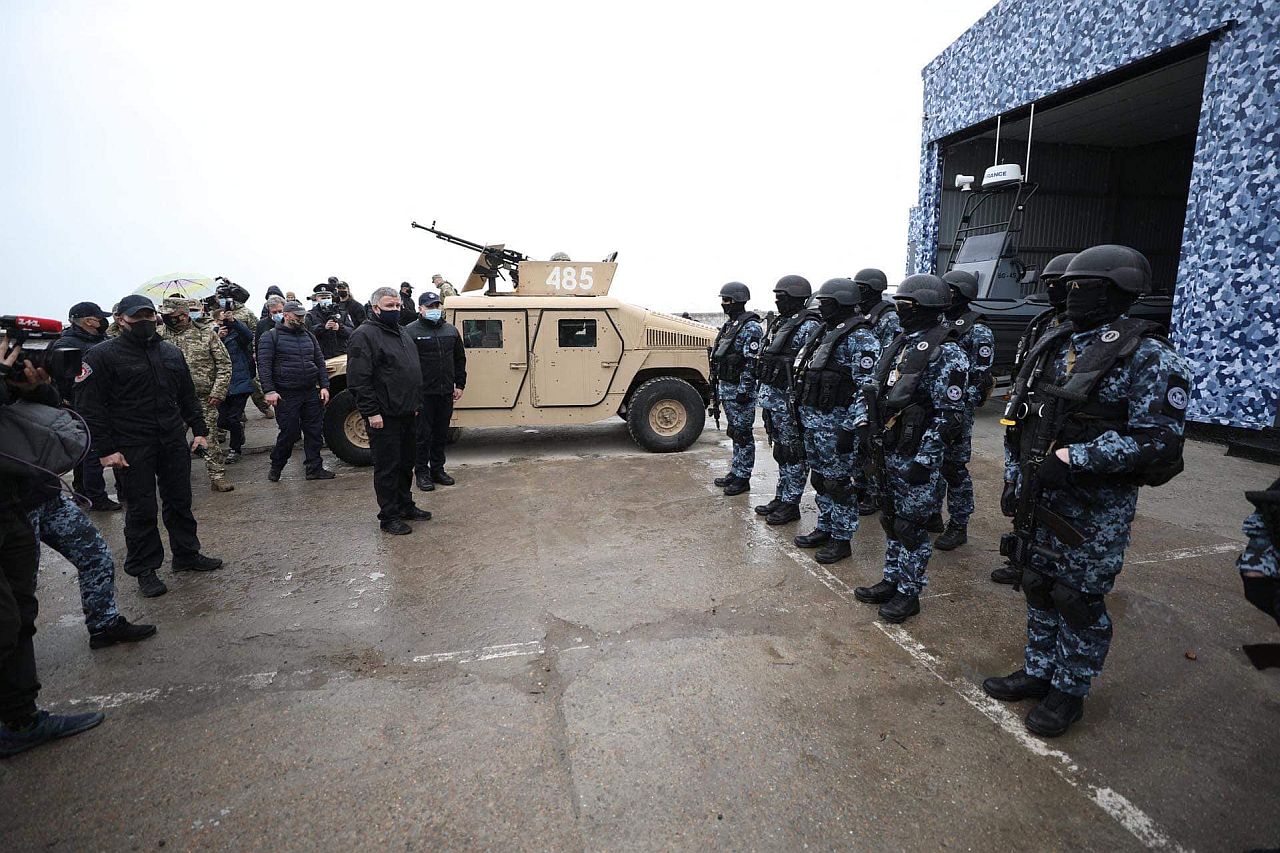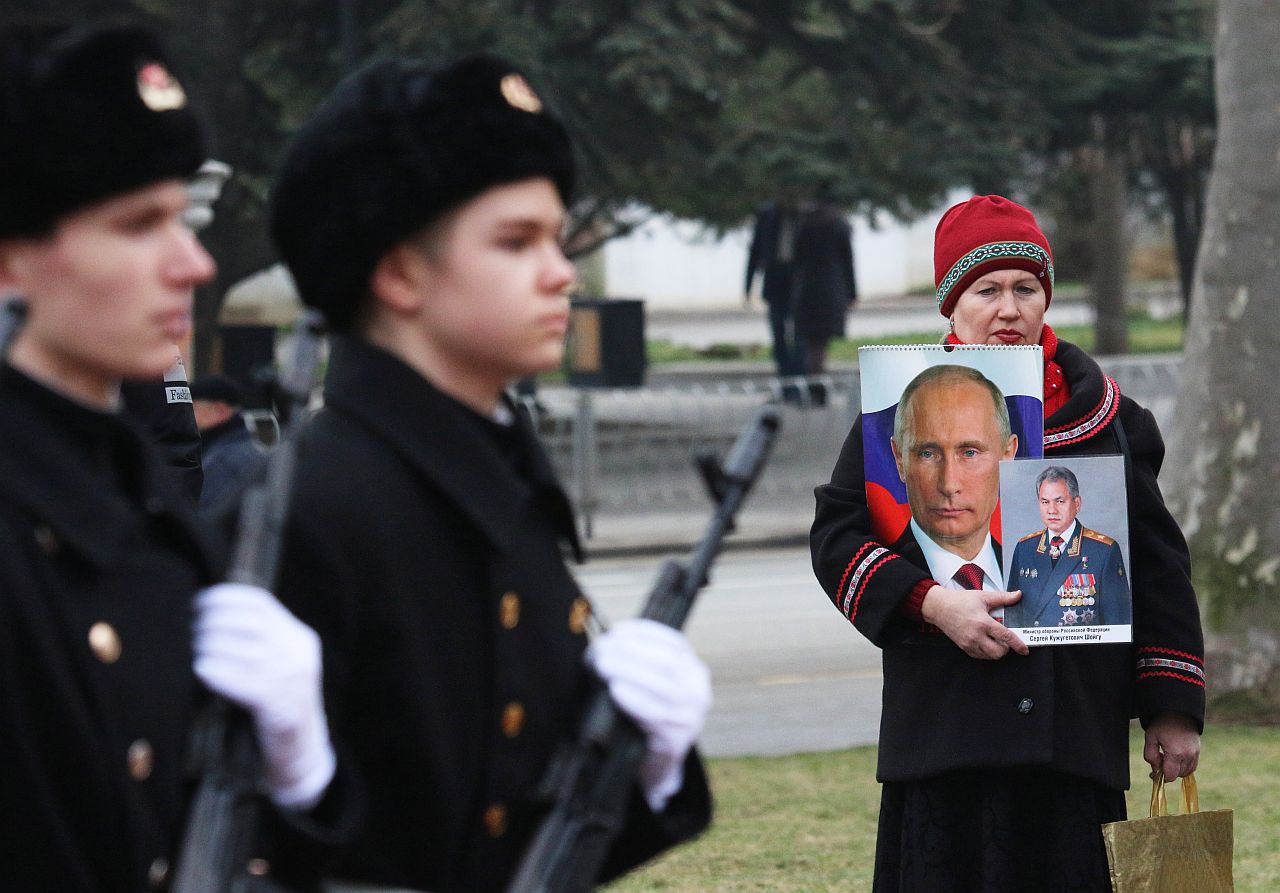An E-Integration Marathon: The Potential Impact of Ukrainian Membership on the EU’s Digitalisation and Cybersecurity
In the 18 months of the war, Ukraine has achieved significant progress in digital transformation and implementation of trust services. The current geopolitical context makes further development of innovative digital solutions, technologies, and infrastructures that are based on the EU’s values and principles ever more relevant.
Read more



















